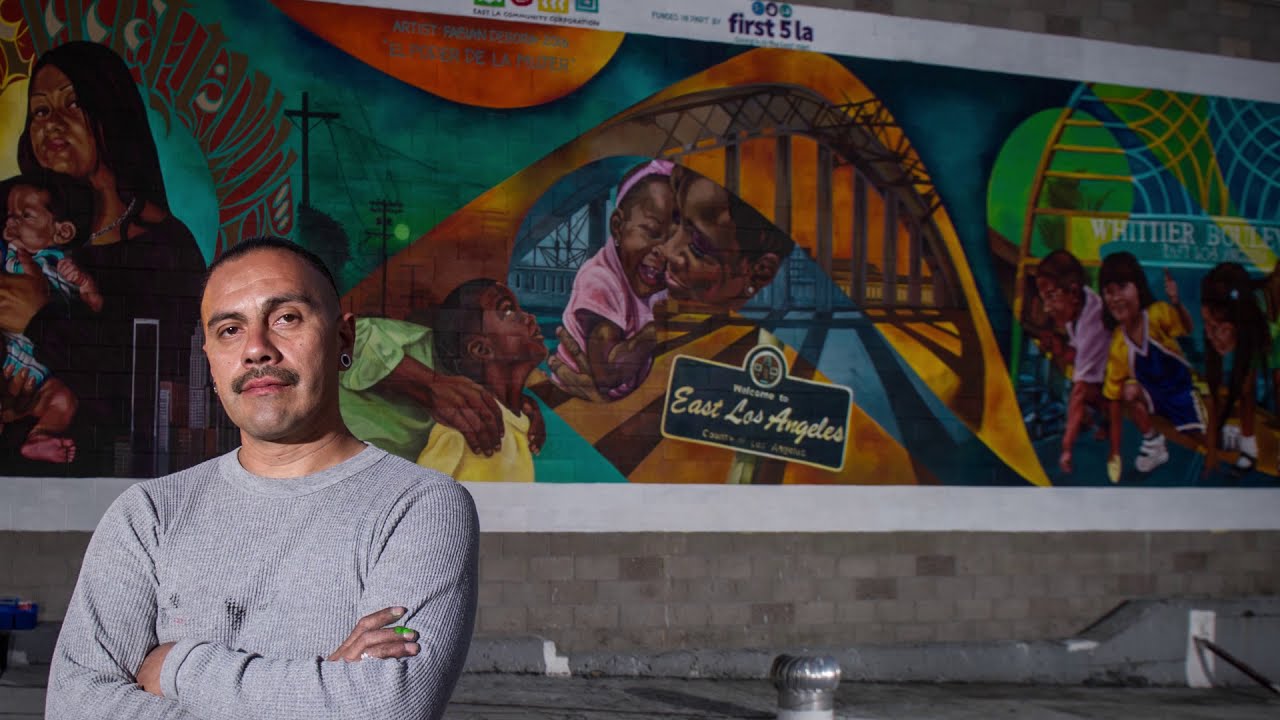An Ethnic Studies Program Sued The Lawmakers That Banned It (HBO)
Summary
TLDRThe Tucson Mexican-American studies program, established in 1998 to boost engagement among predominantly Hispanic students, has been embroiled in controversy. Conservatives, including state senator John Huppenthal, view it as promoting anti-American sentiments. Despite improvements in test scores, the program was banned under a law prohibiting courses that advocate for a specific race or class. The community, however, has kept the program's spirit alive through an 'underground banned book library,' awaiting a federal court's decision on the law's constitutionality.
Takeaways
- 🏫 The Tucson Mexican-American studies program was established in 1998 to enhance engagement among predominantly Hispanic students by incorporating Mexican-American literature and history into the curriculum.
- 📈 The program saw a significant increase in standardized test scores among participating students, with one-in-five Tucson students taking part at its peak.
- 🔍 Conservatives, including state senator John Huppenthal, viewed the program as a vehicle for promoting anti-American and anti-white sentiments, leading to a political and legal battle.
- 🏛️ A federal court is expected to rule on the constitutionality of an Arizona law banning the program, which could have national implications for ethnic studies in education.
- 🚫 The law in question prohibits courses that foster resentment toward any race or class, are designed for a specific ethnic group, or promote ethnic solidarity over individuality.
- 👨🏫👩🏫 Teachers and students opposed to the law argue that the program is essential for understanding and addressing historical oppression and is not racist.
- 📚 In response to the law, an 'underground banned book library' was created by Tucsonans to preserve and protect the educational materials that were part of the program.
- 🌟 The program's supporters believe that it empowers students to not just accept their historical narrative but to actively engage in changing it for the better.
- 🤝 The debate reflects a broader struggle over cultural identity and the role of education in shaping societal values and the understanding of history.
- 📖 The future of the program and similar ethnic studies initiatives hinges on the upcoming court decision, which could either validate or challenge the current restrictions.
Q & A
What is the main subject of controversy in Tucson's school curriculum?
-The main subject of controversy is the Mexican-American studies program, which has been a political flashpoint for years.
When was Tucson’s Mexican-American studies program founded and what was its purpose?
-Tucson’s Mexican-American studies program was founded in 1998 to improve student engagement by making Mexican-American literature and history classes part of the core curriculum in a district that’s over 60 percent Hispanic.
What was the impact of the Mexican-American studies program on student performance?
-At its height, the program led to a significant boost in standardized test scores among students in participating schools.
Why did some conservatives oppose the Mexican-American studies program?
-Conservatives, including state senator John Huppenthal, opposed the program, viewing it as a means for radical teachers to introduce anti-American and anti-white sentiments into the schools.
What was the catalyst for John Huppenthal's opposition to the program?
-John Huppenthal's opposition was sparked by a visit to an MAS classroom in 2010, where he discussed the anxieties many white Arizonans felt about their cultural traditions being threatened.
What is the Arizona law that led to the banning of the Mexican-American studies program?
-The law prohibits courses that promote resentment toward a race or class, are designed for a particular ethnic group, or advocate ethnic solidarity instead of individuality.
What was the immediate action taken by teachers and students after the program was banned?
-Teachers and students sued the state, arguing that the law banning the program was discriminatory.
What has been the effect of the law on ethnic studies programs nationwide and in Tucson?
-While ethnic studies programs are expanding across the nation, Tucson schools have been left paralyzed due to the law.
What is the 'underground banned book library' mentioned in the script?
-The 'underground banned book library' is a collection of books from the Mexican-American studies program that were removed from the curriculum, which some Tucsonans have been protecting and preserving.
How do the students in the script feel about the books from the banned program?
-The students view the books as an essential part of their identity and history, and they do not feel hatred towards others because of the content; instead, it makes them appreciate themselves and their heritage.
What is the hope expressed by the students regarding the future of the Mexican-American studies program?
-The students hope for a day when the books can be returned to the classroom and taught to future generations, reflecting a desire for the program's reinstatement and the continuation of their cultural education.
Outlines

This section is available to paid users only. Please upgrade to access this part.
Upgrade NowMindmap

This section is available to paid users only. Please upgrade to access this part.
Upgrade NowKeywords

This section is available to paid users only. Please upgrade to access this part.
Upgrade NowHighlights

This section is available to paid users only. Please upgrade to access this part.
Upgrade NowTranscripts

This section is available to paid users only. Please upgrade to access this part.
Upgrade NowBrowse More Related Video

Latino vs Hispanic - Constructing a New America

La pequeña ciudad que paga a latinos para que se muden allí | Noticias Telemundo

Chicano Identity Through the Murals of East Los Angeles

National Hispanic Heritage Month Facts

Destination Francophonie #109 - MEXIQUE

AAP- Mari Berkenalan dengan Program Roots Indonesia
5.0 / 5 (0 votes)